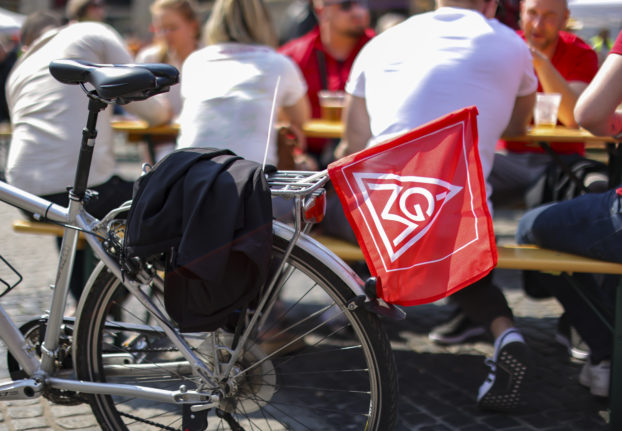When asked by the Confederation of German Trade Unions (DGB), 42 percent said that they were scared that their state pension payments would not be enough to live from, Bild newspaper reported.
Just 18 percent said they expected to live comfortably after retiring, and that their pension would stretch easily over their outgoings. Sixty nine percent told the DGB that they had not been, or were rarely, offered a better retirement plan through their work.
On the back of these results, the DGB is calling on the government to stabilize state pensions. Board member of the union Annelie Buntenbach told the Bild newspaper that it was important that monthly payments did not sink any further.
“The new government needs to put the brakes on now,” she said, adding that it should be building up a reserve of pension money for Germany.
READ MORE: Germany ‘third best place to grow old’
The Local/jcw
Follow us on Twitter @thelocalgermany
Like The Local Germany on Facebook



 Please whitelist us to continue reading.
Please whitelist us to continue reading.
Member comments